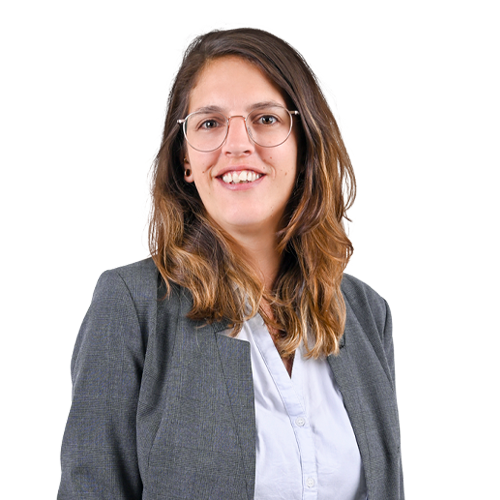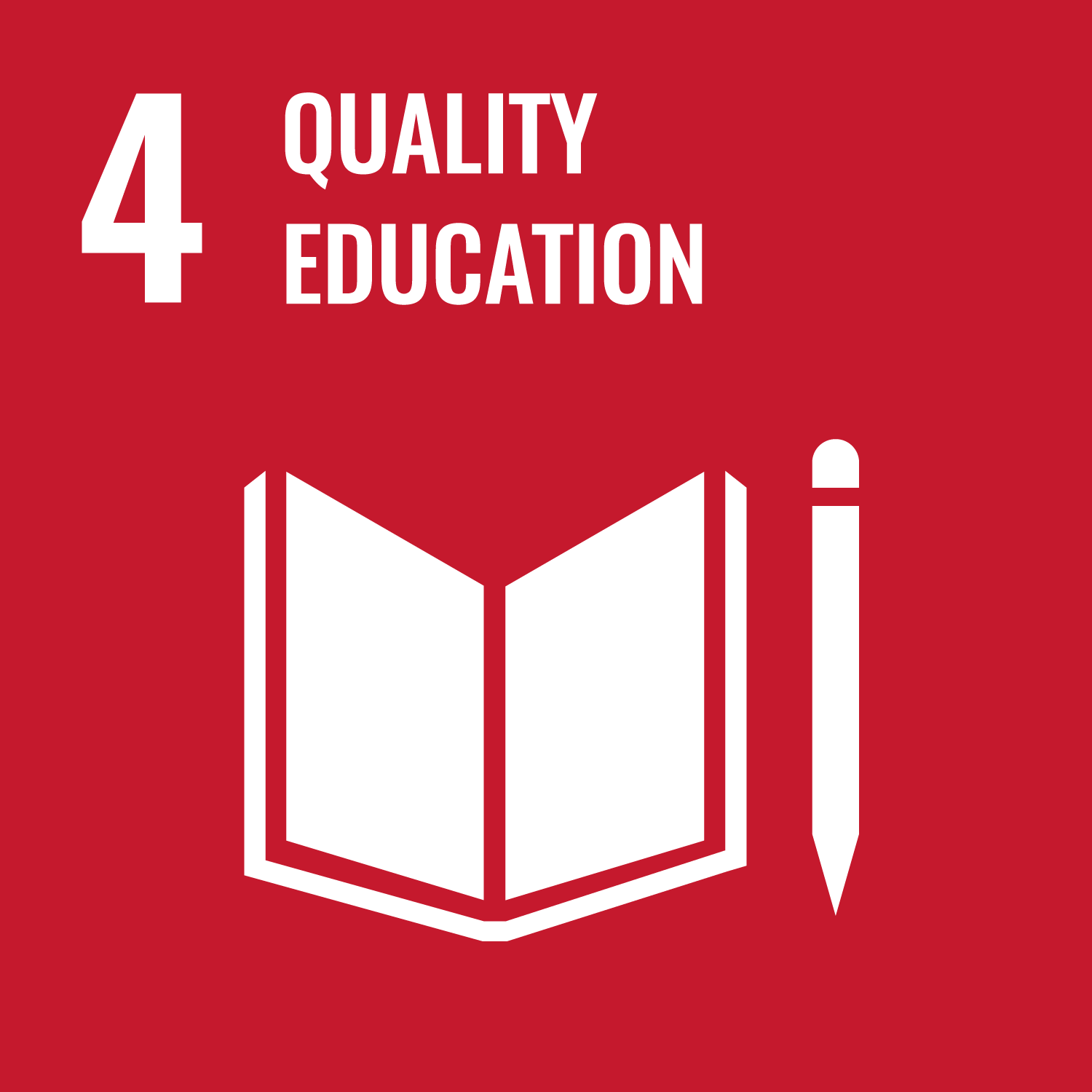Multiphoton Microscopy and Ultrafast Spectroscopy: Imaging meets Quantum
In the quest to decipher the chain of life from molecules to cells, the biophysical questions being asked increasingly demand techniques that are capable of identifying specific biomolecules in their native environment at the smallest possible scale, and measuring their interactions quantitatively without perturbing the system under observation. Laser-based optical microscopy is a key technology to drive this progress in the 21st century. Still, many challenges remain in particular toward i) achieving imaging with biomolecular specificity without the artefacts from sample staining, ii) quantitative imaging, and iii) single molecule sensitivity. Progress toward biomolecular specificity at very high temporal resolution has been brought by the development of ultrafast two-dimensional electronic spectroscopy, able to address the importance of quantum coherences with the potential to unravel the fundamental machinery of Nature. Yet, measuring quantum phenomena with an optical microscope is technically challenging, and far from real-world biological applications. MUSIQ is designed as an innovative research and training network, where we will recruit 15 Early Stage Researchers to work toward the central ambitious goal of developing the next-generation optical microscopy exploiting quantum coherent nonlinear phenomena. The network brings together a unique team of 7 world-leading academics and 6 high tech companies at the forefront of optical microscopy and ultrafast laser technology developments merged with fundamental understanding of coherent light-matter interaction phenomena, development of quantitative image analysis tools, and biomedical/pharmaceutical real-world applications. MUSIQ will establish an intersectoral training and research programme at the physics/chemistry/life science interface with partners from 9 European countries, aimed at creating the next generation of skilled well-connected scientists that will pioneer the ‘quantum microscopes of tomorrow’.
This project contributes to the UN Sustainable Development Goals (SDGs) 4, 5, 8 and 9.
Coordinator:Cardiff University, UK
Partners:
- Politecnico di Milano, IT
- Centre National de la Recherche Scientifique, FR
- Fundacio Institut de Ciencies Fotoniques, ES
- Universitaet Konstanz, DE
- Universita degli Studi di Modena e Reggio Emilia, IT
- GlaxoSmithKline Research and Development Ltd., UK
- Light Conversion, UAB, LT
- Universite du Luxembourg, LU
- Scientific Volume Imaging BV, NL
- Brigitte Hertz, NL
- Science Made Simple Ltd., UK
- A.P.E. Angewandte Physik und Elektronik GmbH, DE
- accelopment Schweiz AG, CH





